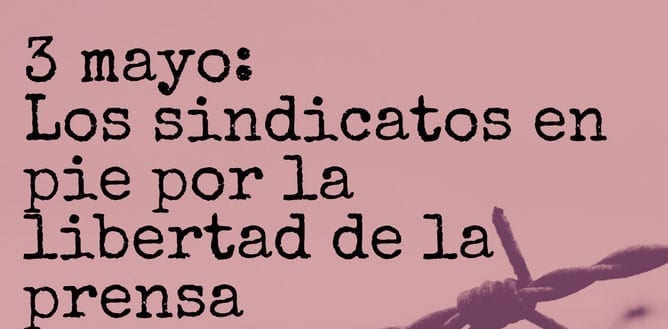A free press is a hallmark of democracy. Yet around the world, journalists are under threat for doing their job, risking their lives to report the news, ask difficult questions and hold the corrupt to account. According to an International Federation of Journalists (IFJ) study released for World Press Freedom Day, “journalists face killings, attacks, violence, bans and intimidation on a daily basis” around the world.
At its most extreme, the assault on journalism leads to murder, often with impunity. According to the IFJ, 93 journalists were killed in 2016, and 13 in the opening months of 2017. Over the last decade, most murdered journalists were local reporters covering politics and corruption, notes the Committee to Protect Journalists (CPJ), with about a third of them “first taken captive, the majority of whom were tortured, amplifying the killers’ message of intimidation to the media community.”
Mexico is one of the most dangerous places in the world for journalists, says the CPJ. Since 2010, more than 50 media workers were murdered or disappeared. The country ranks sixth on CPJ’s “Impunity Index,” which tracks the number of unsolved journalist murders as a percentage of population, in nations with five or more unsolved cases. Ahead of it are primarily countries in conflict: Somalia, Iraq, Syria, the Philippines and South Sudan.
Women journalists—targeted for their job as well as their gender—face additional challenges, including harassment and threats in the field, at the office and online. A soon-to-be-published survey of 214 women journalists in Pakistan, conducted by the Solidarity Center and Civic Action Resources, says that when women journalists are sexually harassed, “social taboos, segregation and stigma keep them
from speaking openly about it and seeking support. Since Pakistan is an honor-based society, any attack on a woman’s reputation can have serious repercussions for her, both professionally and personally.” The Solidarity Center works with Pakistani journalists—women and men—to achieve gender equality at the workplace and in the stories they report.
The CPJ also noted that a record number of media workers—259—were jailed in 2016. Nonetheless, journalists and their unions are taking a stand against rising authoritarianism and increasing restrictions on their ability to work. Around the world, reports the IFJ journalists’ unions are submitting formal protests to national and regional human rights bodies, advancing legal challenges and staging actions—from strikes to protests—“to defend media freedom and the rights of journalists.”

